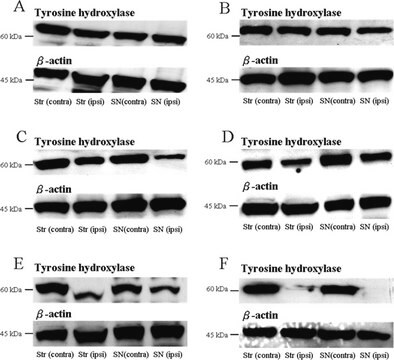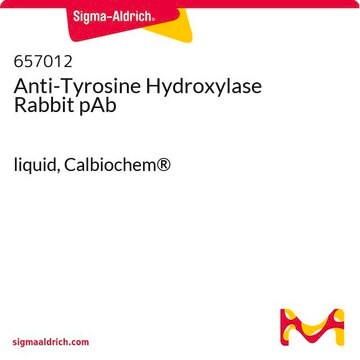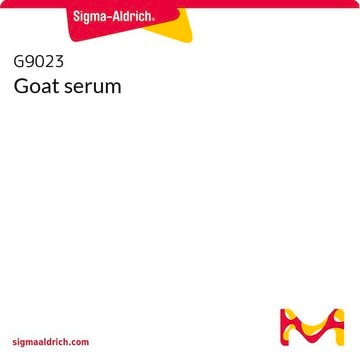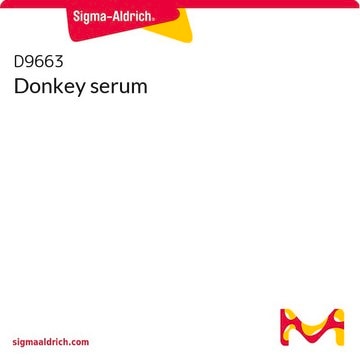MS0100
ProteoMass™ Guanidination Kit
For improving MALDI-MS sensitivity and peptide sequence coverage
About This Item
Recommended Products
Quality Level
product line
ProteoMass™
application(s)
cleaning products
cosmetics
flavors and fragrances
food and beverages
personal care
compatibility
for use with (Complex cell extracts, pure protein solution, 1D and 2D PAGE gels)
Application
Features and Benefits
- Identify more samples with greater accuracy and confidence
- Increase throughput and save time - only 35 minutes to use the kit vs. 2 hours using traditional methods
- Compatibility - compatible with 1D or 2D PAGE gel bands or spots, as well as complex cell extracts
Other Notes
Legal Information
related product
Signal Word
Danger
Hazard Statements
Precautionary Statements
Hazard Classifications
Aquatic Acute 1 - Aquatic Chronic 3 - Eye Dam. 1 - Skin Corr. 1A - STOT SE 3
Target Organs
Respiratory system
Storage Class Code
8A - Combustible corrosive hazardous materials
WGK
WGK 3
Flash Point(F)
Not applicable
Flash Point(C)
Not applicable
Regulatory Listings
Regulatory Listings are mainly provided for chemical products. Only limited information can be provided here for non-chemical products. No entry means none of the components are listed. It is the user’s obligation to ensure the safe and legal use of the product.
PDSCL
Please refer to KIT Component information
PRTR
Please refer to KIT Component information
FSL
Please refer to KIT Component information
ISHL Indicated Name
Please refer to KIT Component information
ISHL Notified Names
Please refer to KIT Component information
Cartagena Act
Please refer to KIT Component information
JAN Code
キットコンポーネントの情報を参照してください
Certificates of Analysis (COA)
Search for Certificates of Analysis (COA) by entering the products Lot/Batch Number. Lot and Batch Numbers can be found on a product’s label following the words ‘Lot’ or ‘Batch’.
Already Own This Product?
Find documentation for the products that you have recently purchased in the Document Library.
Our team of scientists has experience in all areas of research including Life Science, Material Science, Chemical Synthesis, Chromatography, Analytical and many others.
Contact Technical Service










